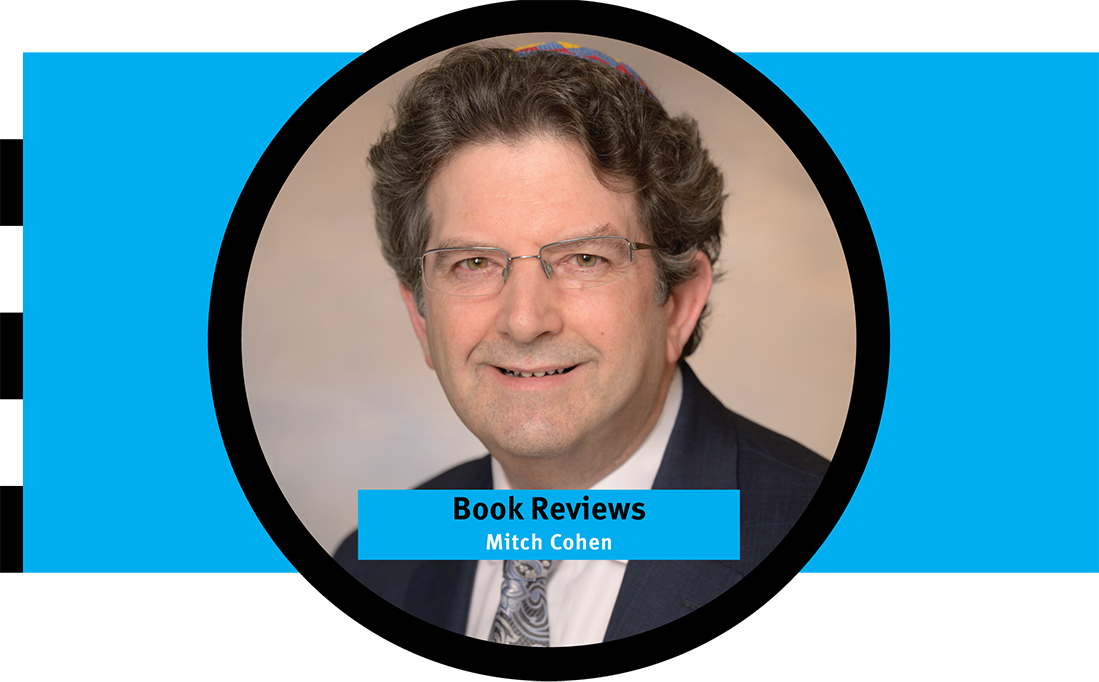“Happy People Are Annoying,” by Josh Peck
Considering the difficult circumstances of Josh Peck’s early years, this autobiography of his life so far (he is now 36) shows that he took to heart the old adage, “When life gives you lemons, make lemonade.” By the time Josh was born, his father was totally out of the picture, was much older than Josh’s mother, and eventually died without ever having any connection with the family.
Josh’s mother had never been married and had no other children, so it was the two of them trying to survive together, often having to move due to non-payment of rent. Sometimes there was little food, so, when there was enough to eat, Josh would eat as much as possible. By age eight he was considered obese, eventually weighing close to 300 pounds as a young teenager. He jokes that he embodied the Jewish theme of, “they tried to kill us, we survived, let’s eat.” As a fat kid at the JCC, he recalls being called a “fat duck” by others. The whole “anti-bullying” movement had not developed yet, and Josh began to realize that when he was joking around and making people laugh, they didn’t pick on him as much.
Josh picked up an ear for comedy due to the many hours that the television was his baby sitter while his mother worked. He would work on routines in front of the mirror. He started reading the theater newspaper “Backstage” and pestering his mother to take him to auditions for children’s roles. Perhaps thinking it was a worth a chance that Josh might earn some money, she took him, and with the unusual amount of poise he had developed for his age, he easily got some small “fat kid” roles and had an agent by the age of ten. He was accepted into a performing arts high school and began to get roles in movies and television on the Nickelodeon cable channel. By age 15 he costarred in the show “Drake & Josh,” which ran for 5 years. Josh loved acting, but hated his obese appearance. Earlier in life he had already tried and failed with multiple fad diets, so at age 18 he decided to take the medically recommended approach of sensible diet and increased exercise. He was able to lose over 100 pounds during the last two years of his TV show, and it upset him that people assumed he got gastric bypass surgery to accomplish it.
Josh’s mother had her own problems with food and alcohol, and Josh had gone to AA and OA meetings with her when he was young, since she couldn’t afford a sitter. In the acknowledgments at the end of the book, Josh credits the man with whom the Jewish Big Brothers organization paired him for providing him with a positive male role model, and for remaining a personal friend even now. Ironically, after slimming down and finally making it to adulthood, Josh found that this positive life change was not a good career move. No longer the little fat boy, he found himself competing with thousands of others for every role, and he wasn’t being cast often enough to pay the bills. In his spare time he had already played around with posting short comedic videos on what were then fairly new social media platforms. As various bloggers and “vloggers,” or video bloggers, began to amass thousands and even millions of views, advertisers became interested, and it became possible to “monetize” videos and make a small royalty whenever a video and its attached brief ad got a certain number of views.
The skills Josh had developed doing years of television sitcoms translated well to social media, and he soon had several million viewers for each of his daily short videos. A friend who had helped him with his videos soon became a romantic interest and then his wife. For several years, he thought of his videos as a phase until he got his next big acting role. As the videos started to bring in enough money to support what was then a family of three, he realized that, up until that point, his acting had really been only playing himself. He decided to enroll in acting classes. At first he found it humiliating to be critiqued in front of a group of other students who often had much less experience in the industry, but he realized it was what he needed, and he was soon getting “voice” roles in animated feature films such as “Gnome Alone” and “Fantasia.”
As the book ends in 2021, Josh hints that he had a good feeling about some upcoming projects, and in the next two years he was cast as Rabbi Shapiro in the movie “13,” and now has a featured role in the current movie “Oppenheimer.” I am beyond the age of Josh’s fan base, and I was not familiar with him, but it is nice to read an autobiography by someone who has overcome early obstacles and appears not to be bitter about his difficult childhood.



